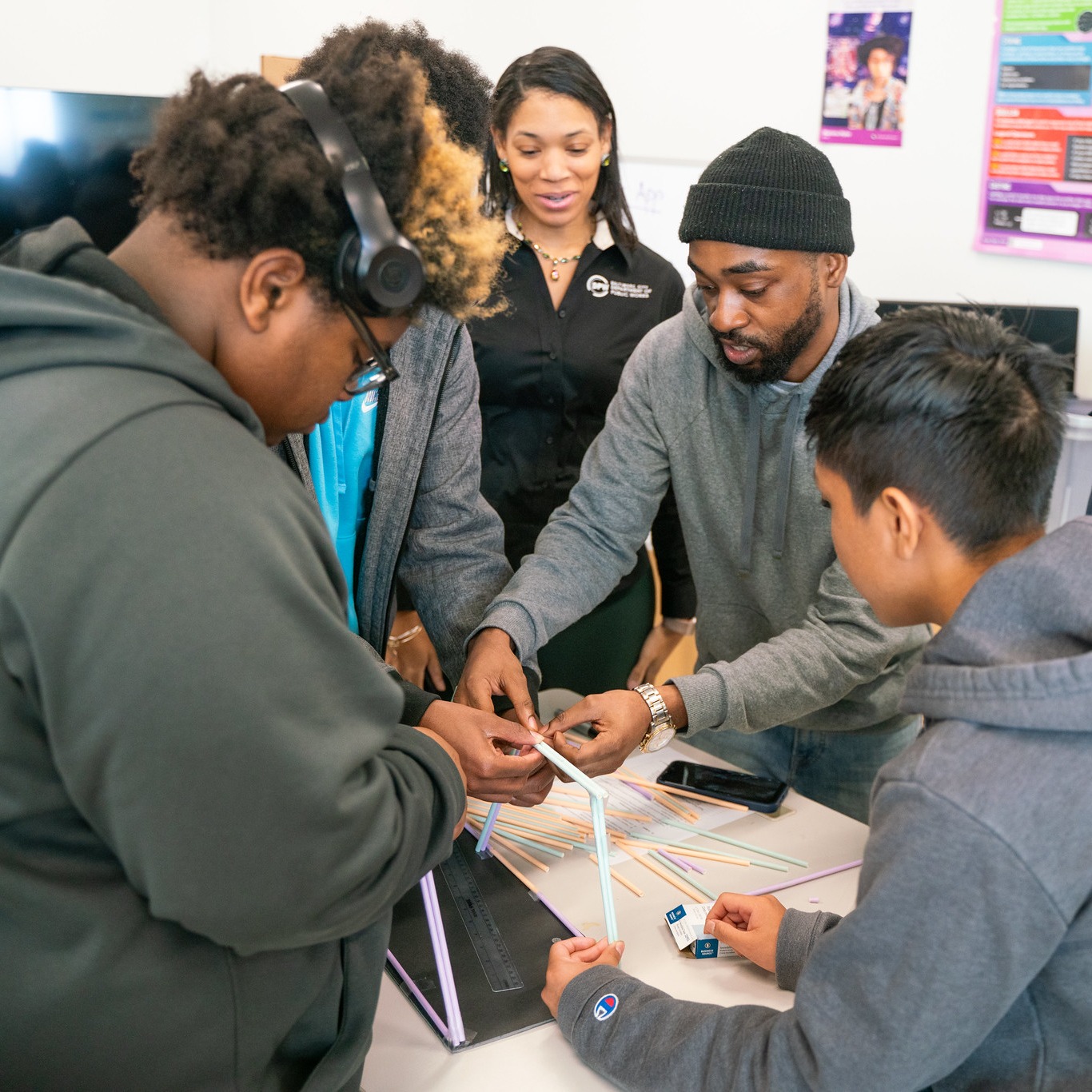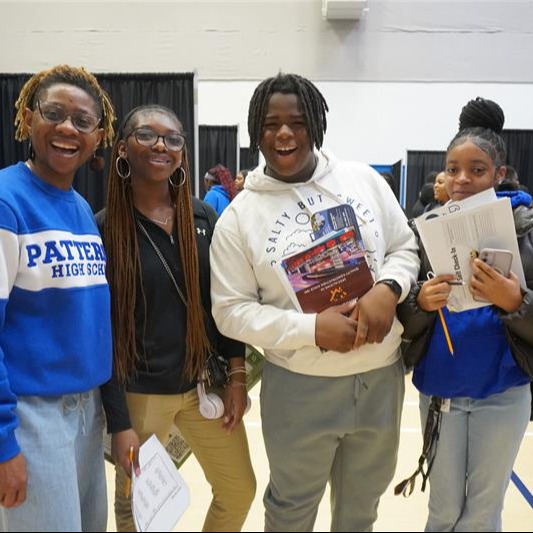For the 2024-25 school year, City Schools began a pilot in 25 schools to test different methods to limit students’ cell phone and electronic device use. The updates to Board Policy JICJ are based on the best practices from the pilot program.
Read more about the pilot program here.
As part of the pilot, we received positive feedback from students, families, and staff.



